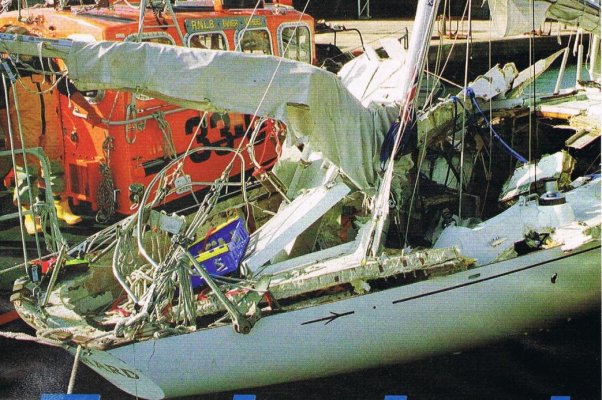phillippeterson
Senior Member
- Joined
- Nov 11, 2020
- Messages
- 384
Many newer boats have induction stoves for cooking. Is that so it's not necessary to carry propane?
Does using propane create moisture in the cabin? Does insurance go up if you're using propane (our home insurance went up when we chose propane!)? Is it hard to store?
Is propane readily available in other countries if we went, say, around South America? Or to the Med?
My wife really likes cooking on propane but conversations with boat builders say induction is a better, safer, more convenient and more reliable choice.
Does using propane create moisture in the cabin? Does insurance go up if you're using propane (our home insurance went up when we chose propane!)? Is it hard to store?
Is propane readily available in other countries if we went, say, around South America? Or to the Med?
My wife really likes cooking on propane but conversations with boat builders say induction is a better, safer, more convenient and more reliable choice.

 David
David